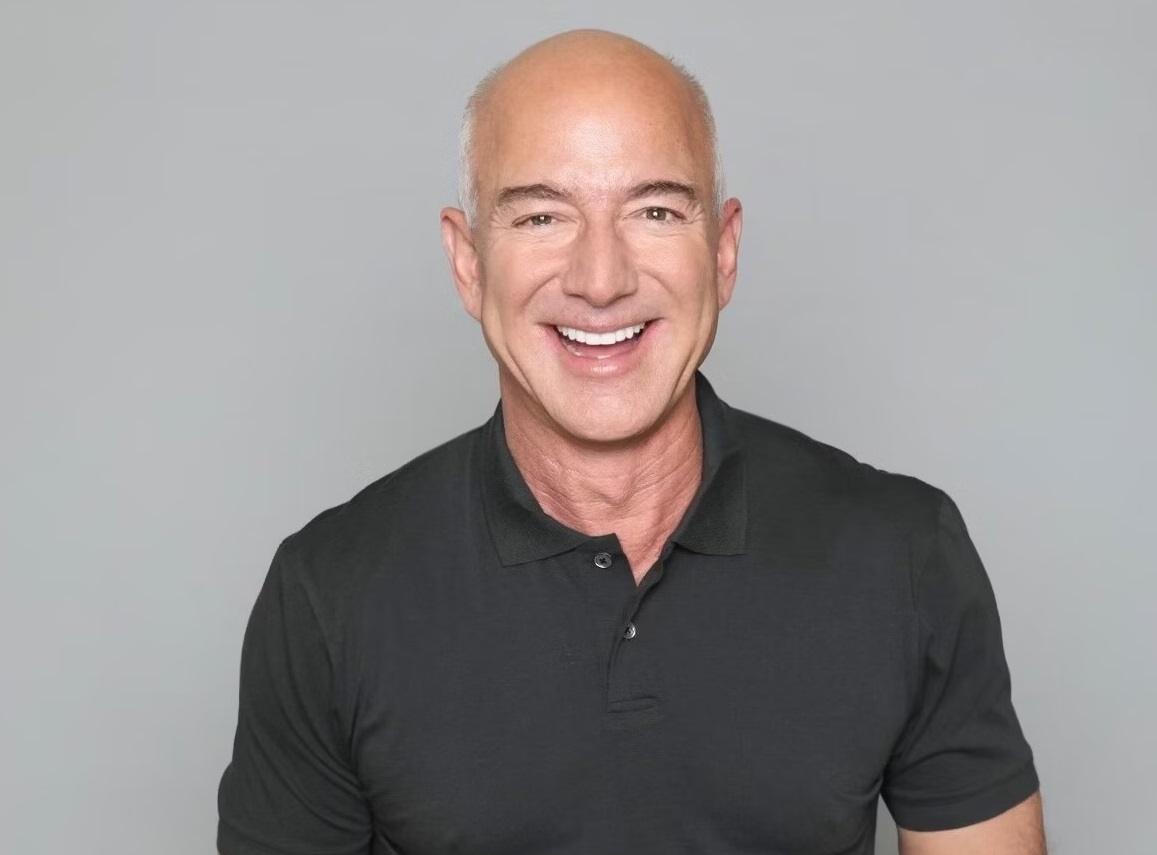Fitch Ratings Outlines Impact of Transition to Sustainable Economy on Financials
Credit ratings agency Fitch Ratings released commentary today outlining its expectations for the impact of a transition to a sustainable economy on companies in various sectors of the financial services market. According to the firm, the transition will have lasting effects on financial institutions (FIs) and could have a growing influence on their ratings in the longer term.
The ratings agency sees exposure to aspects such as climate risks and energy transition initiatives to vary by subsector. Highlighting some of the emerging risks, Fitch commented:
“Decarbonisation and other initiatives to meet climate pledges, such as the Paris Agreement and the EU’s European Green Deal, are likely to affect FIs in several ways. FIs that lend to or invest in affected sectors could be exposed to lower asset returns, collateral haircuts, weaker corporate clients, regulatory depreciation charges on non-green assets, and possibly reputational risks.”
Fitch expects the move to a sustainable economy to have varying impacts on banks, depending on aspects such as region of operations, particularly when considering political and regulatory issues. For example, financial and regulatory incentives to favour sustainable or green assets are likely to be implemented in the EU and some other jurisdictions, forcing banks to adjust their lending policies and risk appetite accordingly. On the upside, the transition to a lower-carbon economy could provide additional revenue streams for some banks.
Fitch also pointed to potential opportunities for some institutions, such as non-bank financial institutions (NBFIs), who may face less competition in non-green sectors if their bank peers are subject to stricter regulations. On the other hand, leasing companies such as aircraft and aircraft engine lessors could face the risks to the residual value of their high-emission-producing equipment assets.
From a credit ratings perspective, the ratings agency estimates anticipates the transition to be moderately credit-negative for banks and non-bank financial institutions (NBFIs) but less significant for insurers and funds.





